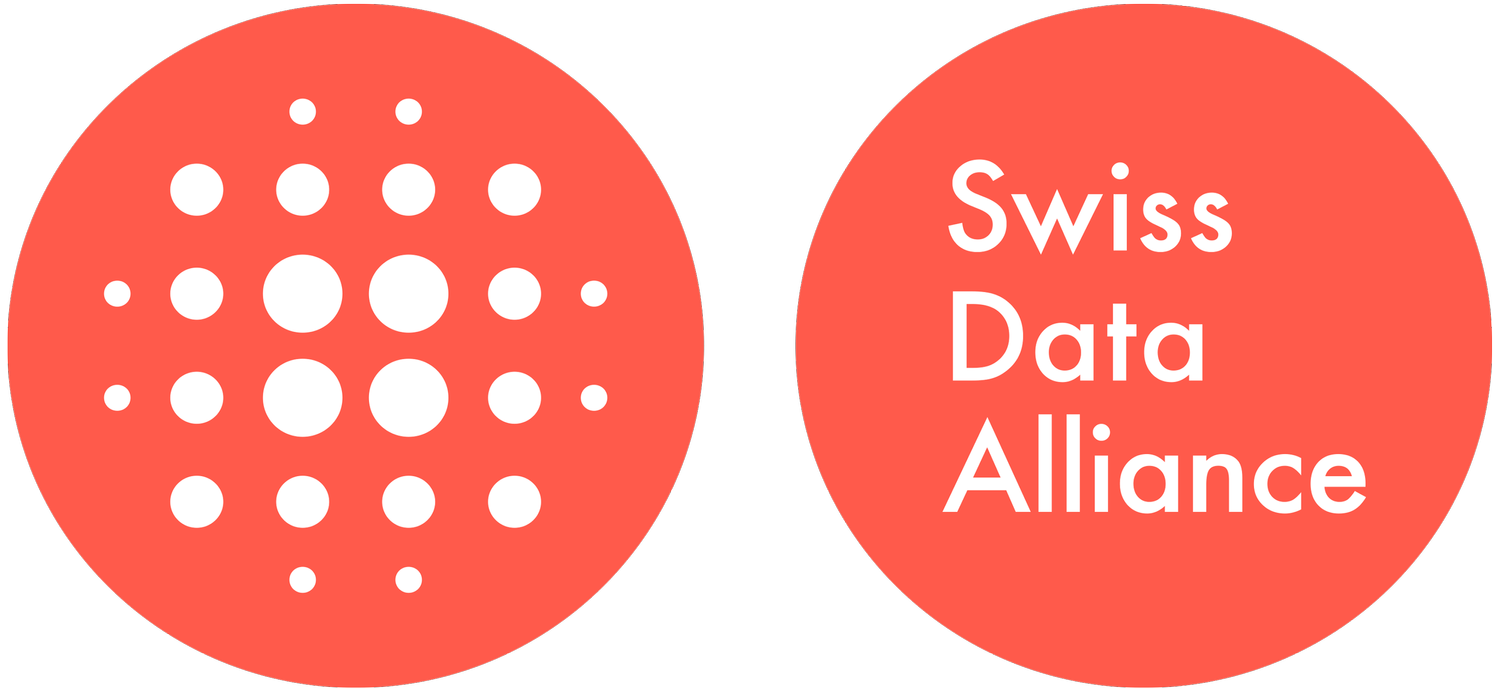Artificial intelligence - a data perspective
Should the state regulate artificial intelligence applications - and if so, how? This question was the focus of a breakfast event hosted by the Swiss Data Alliance on August 30, 2023.
Breakfast event with Jonas Bärtschi (host), Judith Bellaiche and Abraham Bernstein (from left)
Judith Bellaiche, Managing Director of Swico and National Councillor (GLP/Zurich), and Abraham Bernstein, Professor of Computer Science at the University of Zurich, took part in the panel discussion.
The most important take-aways:
Artificial intelligence is being used for tasks that previously required human intelligence. This fuels fears - also in view of the rapid development of the technology.
Applications of artificial intelligence make social biases visible in their scaling ("bias"). This can help to address these grievances (e.g. pay inequality between the sexes).
You should never forget that every algorithm has errors, all data has quality gaps and a bias.
With the "AI Act", the European Union intends to categorize AI technologies into "risk classes". This means that an authority would have to examine and classify individual applications.
The AI Act has sparked a broad discussion on the topic. This is to be welcomed.
Switzerland does not yet have any technology-specific laws. It makes sense to remain true to this principle.
Liability is an important issue. This means that the respective liability must be clarified for supply chains. On the other hand, end users should not be patronized, but should learn how to use the application sensibly.
Traceability and greater transparency regarding the origin(provenance) of the training data used for artificial intelligence applications would be an important step. A study by the University of Zurich, for example, showed that a two-digit percentage of the image files used to train an AI were no longer online. It is also not possible to check whether a different image is stored under the same file name.
The discussion about copyright must not lead to a "closed" internet. In the view of the Swiss Data Alliance , open data and open knowledge remain key concerns that benefit society as a whole.

